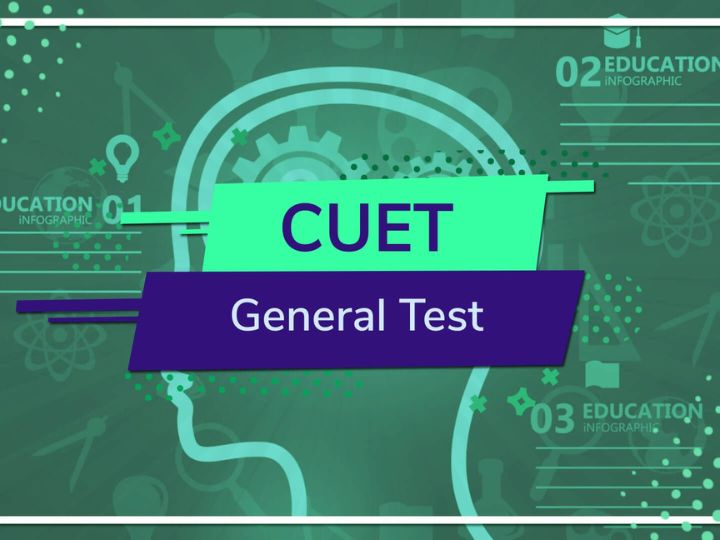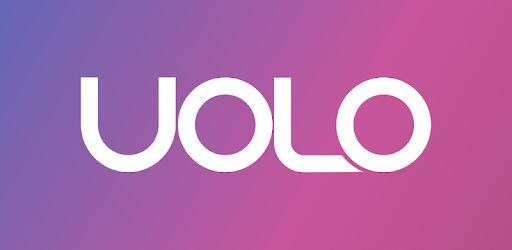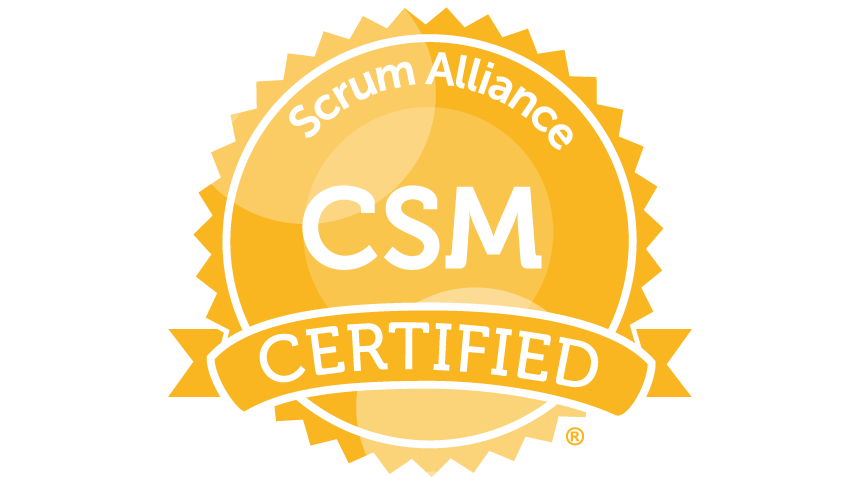Is the Learning AZ-303 Worth It?

Microsoft Azure is the fastest-growing global cloud computing provider service. One of the main reasons for this is its constant innovation and ingenuity demands of architects. This is the reason AZ-303 is a key component.
It’s one of the two tests that you have to pass to earn the highly sought-after Microsoft Certified: Azure Solutions Architect Expert certification. This certification is highly sought-after within the Azure world and marks an individual who has mastered their expertise.
Which is the AZ-303?
Architects create the fundamental structures and functions for cloud technologies. Cloud computing is intriguing since public clouds are private. If you’re looking to use Azure it will be working in Microsoft technology. The worth of a variety of certifications from vendors is debated since the career of an IT professional could take off in a variety of directions. However when you’re planning to work at the top stage in a strictly Microsoft environment, then being certified to be able to do this is the best thing in the world.
Since the skills are so similar that certifications are given greater significance. This is like any other field of study If you narrowly establish the requirements, as in the case of Microsoft’s cloud tech, how they’re measured is the main center of attention. This certificate is highly valued by Azure in the Azure world. Enrolling in Azure training is the best time for you to start your career.
What is the AZ-303 test?
The first thing to keep in mind is the latest changes to the exam. The latest version was released on the 24th of November 20th, 2020, and included significant changes to the content. Be sure to verify whether the material you’re using and the information you use was released after the date. The exam you are taking at the moment exam can be broken into four major areas:
Monitor and implement the Azure infrastructure (50-55 percent)
Install management solutions and security solutions (25-30 percent)
Develop solutions for applications (10-15 10%)
Create and manage data platforms (10-15 10%)
It is possible to expect scenarios-based single answer questions as well as a variety of multiple-choice questions, and other things which require you to sequence the order of operations in a correct manner. The test is expected to have between 40 and 60 questions dependent on the type and difficulty level. you’ll be given three hours to finish the test. You’ll score based on a possible 1000 points. You’ll get 700 or better to be able to pass.
What is the cost of the AZ-303 Exam cost?
It is estimated that the exam is priced at $165 within the United States, although Microsoft will vary the price based on the country in which you receive the certification. In several Africa, Asian, and South American locations, the cost could be as affordable as $80.
What kind of experience do you need to be a successful candidate for the AZ-303?
Microsoft states that anyone who is looking to be an MCASAE “should possess subject-matter knowledge in designing and implementing solutions that utilize Microsoft Azure which includes elements such as compute, network storage as well as security.” Its test authors specifically call the attention of Azure developing and DevOps processes, suggesting experts with a wealth of experience and expertise in these areas.
The AZ-303 exam is quite high-level and day-to-day administration is of smaller worry. The Windows company claims that only intermediate-level knowledge of networks and systems administration is required to pass the test. However, they should possess “advanced expertise and experience in IT operations, which includes networks, virtualization identities, security, business continuity backup and recovery of data platforms budgeting, and governance. This role is to manage the way that decisions made in each area impact the overall solution.”
Who is the Right Person to Take the AZ-303?
Any person who is an engineer or architect within an Azure environment must take into consideration this certification as a must. It’s very specific: you’re working with one vendor’s technology for a specific position with a clearly defined ability at a certain stage of experience.
When employers hire for this position and position themselves for this job, they are paying an average of over $150k a year within the United States, and they’re not willing to risk it by assuming that your resume is a representation of your professional knowledge. This certification makes you an absolute part of”the “can employ” category, and eliminates the uncertainty for employers.
A-303 for Solutions Architects
Because this exam is the second required for Microsoft’s Azure Solutions Architect certificate It’s an easy choice if your work is focused on Azure. In addition, if are an architect with experience hoping to enter the Azure area this certification will only boost your prospects for advancement.
The AZ-303 is for DevOps Pros.
In Microsoft’s literature on AZ-303 the idea of DevOps is frequently stressed. Based on the specific job you are in and your specific job, the Certified DevOps Engineer Expert could be a better choice. However, as the two roles overlap often, the curriculum is so similar and the exam costs are so affordable, getting an MCASAE is a prioritization.
AZ-303 for Azure Engineers
The process of earning the engineer certification for engineers relies on your current and planned specific areas of expertise. Microsoft offers Azure accreditations in Security Engineer, Data Engineer as well as AI Engineer, so these ought to be the top priority. If you think your career path will in the future take on a larger architectural design job as an architect, then this is a certification you must be aware of.
Does the AZ-303 make a difference?
One of the questions that any IT professional must consider when looking at a vendor-specific certification is whether the technology is widely used and durable enough to make the certification worthwhile. For Microsoft Azure, it is a clear yes. Azure includes Infrastructure as a Service (IaaS), Platform as a Service (PaaS), and Software as a Service (SaaS) options to meet an array of government and commercial needs. The global market for cloud computing is estimated at $330 billion and nine out of 10 businesses make use of cloud computing in some way.
The two leading players in the field of cloud computing include Amazon Web Services (AWS) and Microsoft Azure. Although the top spot is held by Amazon, it is mostly because it entered the market before everyone else. Jeff Bezos, Amazon’s CEO has recently stated that “AWS has the unique benefit of having a seven-year lead in the game before competing with similar companies.” Over the past several years Azure has made amazing leaps forward and consistently demonstrated its capacity for innovation that has consistently surpassed other major players in this field.
Azure is on track to surpass AWS as the world’s top cloud service. In the past, AWS held a solid 33 percent of the world’s cloud market, whereas Azure was less than half at just 15 percent. These numbers show that AWS has fallen to 31 percent, while Azure has risen to 20 percent. A shift of 7 percent over 18 months is quite impressive for a start.
Microsoft continues to expand and grow and will require additional knowledge. The Seattle-based company recently landed an estimated 10 billion JEDI contract from the Pentagon that will rely heavily on its cloud-based capabilities. Salesforce, the world’s largest company that offers Customer Relationship Management (CRM) software also is an Azure customer. There’s an undisputed fact that Microsoft influences its clients to choose Microsoft over Amazon in choosing cloud providers.
Healthcare companies, especially at the enterprise level, are more likely to choose Azure over other cloud-based services. If the year 2020 gives us any lessons from a business point of view, it is that the intersection between cloud computing and healthcare is likely to be a hot area for economic growth shortly.
Microsoft Chief Executive Officer Satya Nadella recently said: “We have witnessed two years of digital transformation happen in just two months. From remote teamwork, sales, and customer support to cloud-based infrastructure as well as security We are working every day with our customers to make sure they’re open to business in a world that is largely remote for everything.”




